TBT - 40th anniversary of the Walkman, the device that changed music
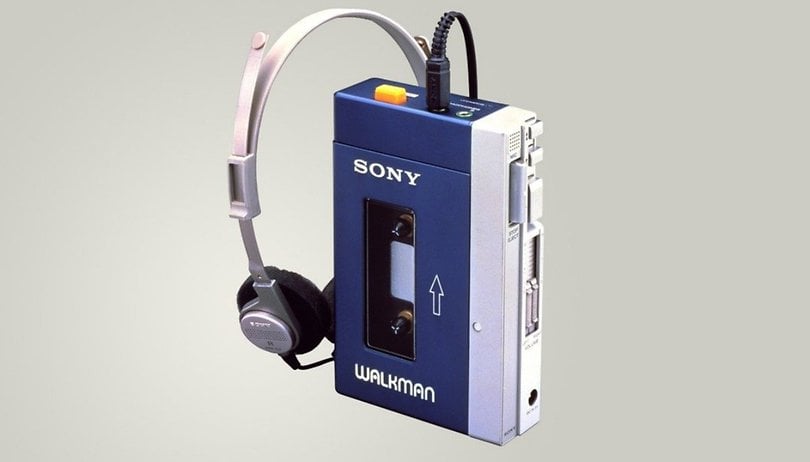
You've probably read in the newspapers: Sony's good old Walkman celebrated its 40th birthday on July 1st. It managed to impose itself enough that its name became the general name of all music players. Yet, at the beginning, the Japanese were not 100% confident.
Like the Kleenex, Hoover and Band-Aid, the Walkman is one of those products whose brand name has established itself as a general-use term. Launched on July 1, 1979, under the name TPS-L2, the device was designed to allow people to walk around while listening to music from audio cassettes. A small revolution for the time. Andreas Pavel, who patented the idea in 1977, two years before the first Walkman was released, was the father of this device.
Battery-operated, the Walkman could be carried anywhere, with its hoop earphones allowing you to listen to music while playing sports or any other indoor or outdoor activity. Of course, this technology won't evoke anything for the new generations, who are far too used to launching an app and finding all the music in the world on it, and practically it was a big piece to carry around.
A success from launch despite concerns
Young people were walking in the streets with headphones on, and doctors were worried, the Walkman was going to give birth to a generation of deaf people. If it makes you smile today, it is true that in its early days the concept of the personal music player was not always very well received.
Young people loved the concept, after all, "all that is new is good" is not a new ideology and the possibility of being able to listen to music everywhere was an inaccessible dream until then. Parents and some health professionals, much more perplexed by the change and its possible consequences, found it more difficult to accept the situation. It didn't take long for them to be convinced that the Walkman was dangerous.
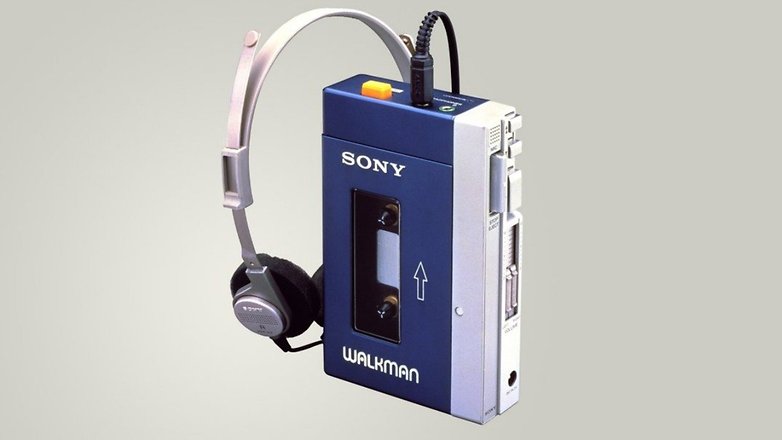
The argument at the top of the debate: the Walkman can make you deaf. Reckless young people do not see the danger hanging over them, they may be deaf if the music is too loud and risk accidents because of lack of concentration. These subjects are still relevant today, but the difference is that it has now been proven that listening to music too loud affects the quality of your hearing and can lead to deafness (either temporary or permanent). If the subject interests you, you can find more information here.
A fatal technological evolution in the Walkman
Should we have banned personal music players? That would have been a direct contrast to our consumerist world where the most important thing is to sell. Sales of the Walkman were good and it gave ideas to competitors: the market had evolved. The CD and MP3 players landed and changed the game. Apple launched its iPod in 2001 and it was a huge slap in the face of the competition, and today our smartphones have taken over all that came before them.
The Walkman, a brave pioneer, has gradually disappeared (in 2010 Sony announced that it had closed the last remaining factory manufacturing magnetic tape audio cassettes) but the brand is still used for Sony's MP3 players. According to figures provided by Sony, 220 million Walkmans have been sold worldwide.
In parallel with this disappearance, it is also necessary to note the evolution of music listening. The Walkman era is over because the era of audio files on devices is over. Yes, there are always some who prefer to download (usually on smartphones), but now music can be streamed on Spotify, Deezer, Apple Music or any other platform.
The Walkman is not forgotten, it knew how to make us ask the right questions by wearing the hat of the dangerous young man, but the world has evolved around it. So long, old friend.
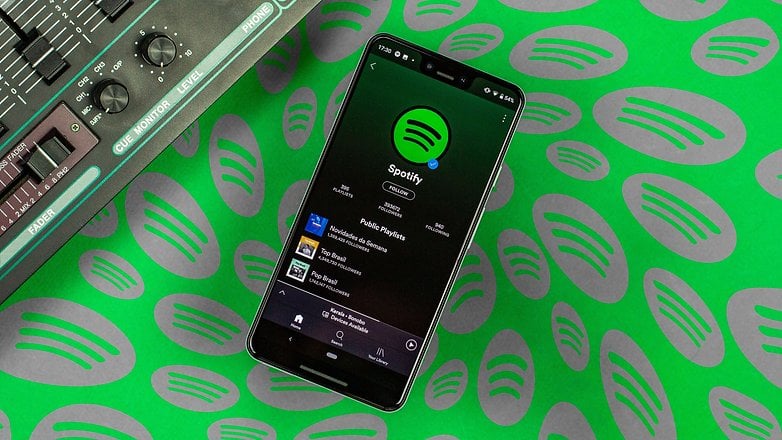
Did you buy a Walkman?




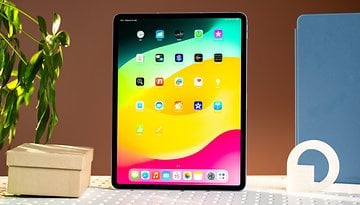

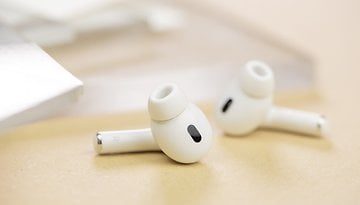
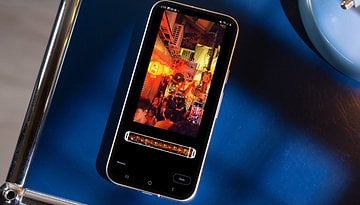
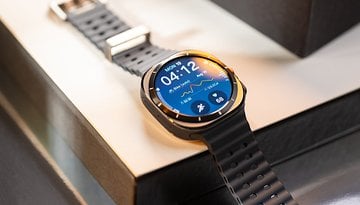


Had the same model. Lasted ages. Good old times.